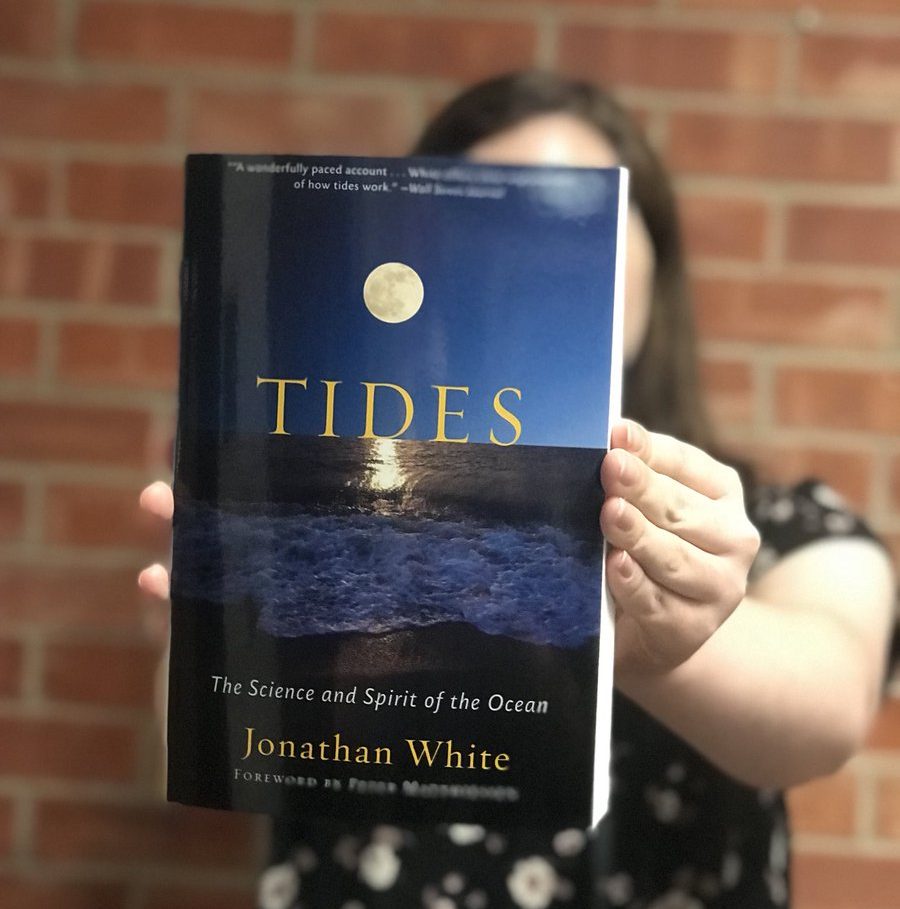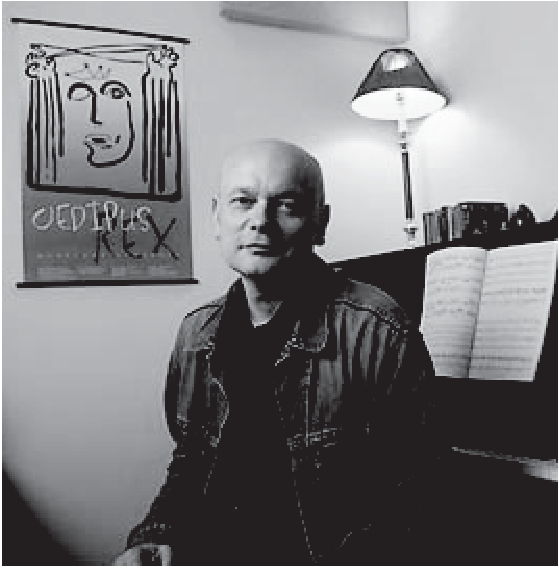 Whether it’s beach season, the fiftieth anniversary of the first moon landing, or our daily proximity in Connecticut to vast bodies of water in only partly predictable motion, there are plenty of reasons right now why you should read Tides: The Science and Spirit of the Ocean by Jonathan White (San Antonio, TX: Trinity University Press, 2017). But the most important is that it’s a wonderful book. White offers an all-too-rare example of a narrative that brings together science, art, and the humanities in a way that is much more than the sum of their parts (and never less). The art is mostly in the writing. Unpretentiously beautiful, it effortlessly weaves together complex science, cultural history, ecology, and even the engineering and economics of generating electric power, with compelling vignettes of the author’s close encounters with his subject, and the lives of those who rely upon it for their survival. Which is, ultimately, all of us; but White is particularly sensitive to the experience of indigenous peoples across the globe, who are frequently both custodians of ancient oceanic knowledge and the first casualties of climate change. He brings to bear decades of experience as a sailor, surfer, and conservationist, to offer a vision that is passionate but never preachy. So read it now, before all too soon you’ll have time only to think about grading papers and shoveling snow.
Whether it’s beach season, the fiftieth anniversary of the first moon landing, or our daily proximity in Connecticut to vast bodies of water in only partly predictable motion, there are plenty of reasons right now why you should read Tides: The Science and Spirit of the Ocean by Jonathan White (San Antonio, TX: Trinity University Press, 2017). But the most important is that it’s a wonderful book. White offers an all-too-rare example of a narrative that brings together science, art, and the humanities in a way that is much more than the sum of their parts (and never less). The art is mostly in the writing. Unpretentiously beautiful, it effortlessly weaves together complex science, cultural history, ecology, and even the engineering and economics of generating electric power, with compelling vignettes of the author’s close encounters with his subject, and the lives of those who rely upon it for their survival. Which is, ultimately, all of us; but White is particularly sensitive to the experience of indigenous peoples across the globe, who are frequently both custodians of ancient oceanic knowledge and the first casualties of climate change. He brings to bear decades of experience as a sailor, surfer, and conservationist, to offer a vision that is passionate but never preachy. So read it now, before all too soon you’ll have time only to think about grading papers and shoveling snow.
– Alain Frogley, DPhil
Associate Dean, School of Fine Arts & Professor of Music History
University of Connecticut
 Who is Alain Frogley? Alain Frogley is a native of Great Britain and holds degrees from Oxford University and the University of California at Berkeley. He has taught at Oxford and Lancaster universities and in 1994 was appointed to the faculty of the University of Connecticut. He is a specialist in the music of the late-19th and 20th centuries, particularly that of Britain and America, but he has also worked on the cultural contexts of musical nationalism. His most recent work includes research into the reception of British music in Nazi Germany and racial Anglo-Saxonism in music. In 2005–2006 he was a fellow of the American Council of Learned Societies.
Who is Alain Frogley? Alain Frogley is a native of Great Britain and holds degrees from Oxford University and the University of California at Berkeley. He has taught at Oxford and Lancaster universities and in 1994 was appointed to the faculty of the University of Connecticut. He is a specialist in the music of the late-19th and 20th centuries, particularly that of Britain and America, but he has also worked on the cultural contexts of musical nationalism. His most recent work includes research into the reception of British music in Nazi Germany and racial Anglo-Saxonism in music. In 2005–2006 he was a fellow of the American Council of Learned Societies.

